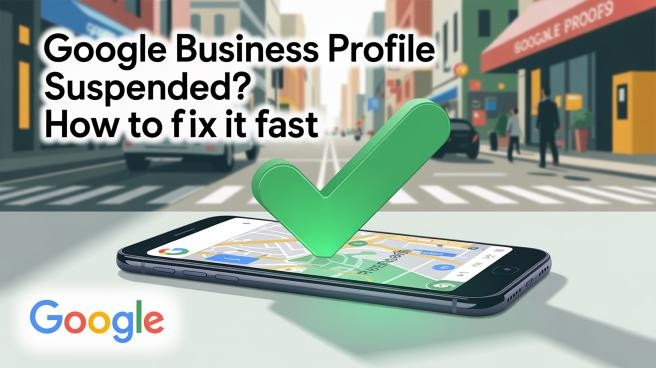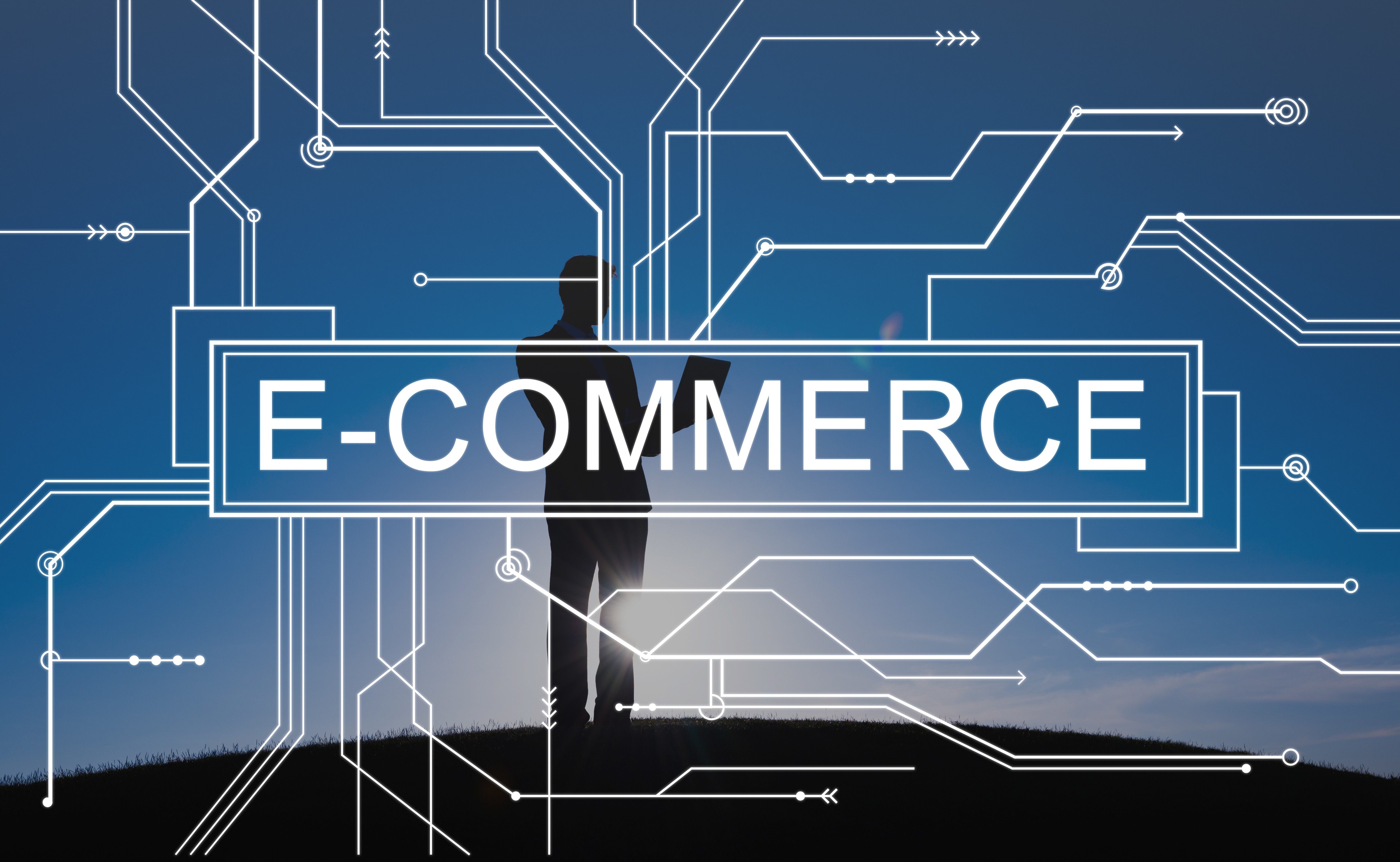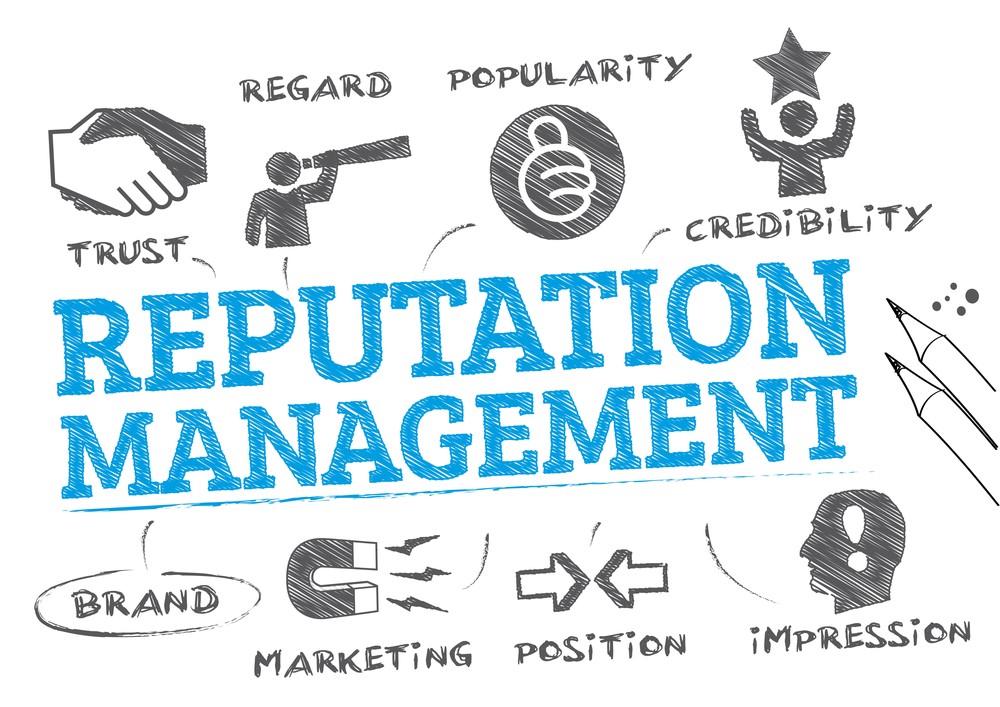How to Choose the Right Ecommerce Platform for Your Business

The eCommerce industry is currently worth $2.3 trillion and is set to nearly double to $ 4.48 trillion by 2020. If you’re deciding to upgrade your eCommerce Software development to ensure you’re getting the largest possible slice of the pie, well, we’re pleased to say that you’re making a very smart move. But choosing the best eCommerce software is not as straightforward as it seems. It is one of the most important decisions that you make very early on in your eCommerce journey. To help you decide how to choose the best eCommerce platform, we’ve put together this guide that details all the factors and considerations you need to keep in mind.
Why eCommerce is selected as the best platform for the business
Building an ECommerce business is more than just putting up your product listings on the web. It is far more complicated than you imagine. Just like running a physical retail, or a production facility, the same level of strategic thinking and planning also goes into building and running your eCommerce business.
And if you get this fundamental spot on, you can take advantage of the digital environment, where you can automate and streamline many of the tasks and activities that would have required human intervention. But when it comes to selecting an eCommerce platform, you have to remember that your eCommerce site will dictate the following four things:
- Growth: How quickly can your business grow?
- Running costs: This includes the cost of building your eCommerce development platform and ongoing development on website maintenance costs.
- Customer engagement: How you can control how your customers interact with your business.
- Objectives: The right eCommerce platform will enable you to deliver the service you set out to achieve.
It is important for us to point out that many eCommerce vendors tend to focus on “skin” issues like web designing, UX branding, and content. But the real eCommerce issues are found within the business process, customer engagement, and lead generation. All these processes can help you determine whether you’re making a healthy ROI on your eCommerce platform.
What factors do we need to consider when selecting an eCommerce solution?
Besides looking at development and operation, there are other factors that you need to consider when selecting your eCommerce business.
1. Vendor experience and expertise
Check to see if the vendor has the experience and technical skill set to meet the needs and complexities of your requirements. And also, check to see if they have the knowledge and experience of working in your industry.
Take the time to research case studies, customer reviews, and forums to see if the vendor is well-equipped to handle more than just development.
2. Support
When things go wrong, and believe us, things can go wrong, will the vendor provide you with the necessary support to help you resolve the problem or issue? Always look out for vendors that provide 24-hour emergency support and can be contacted through different channels, including email, web chat, and phone.
3. Scalability
As your business grows, will your eCommerce platform grow with you? Your eCommerce platform is the central hub of your business. A platform that is difficult to scale can hinder the growth of your business.
4. SEO-friendliness
eCommerce platforms that come with comprehensive SEO features will enable your eCommerce site to rank highly in search engine results. Important factors to consider when looking for an SEO-friendly eCommerce platform include:
- Adding a blog to your eCommerce platform
- Using your domain name
- allowing customers to leave reviews
5. Mobile-friendliness
A platform that is mobile-friendly is a must. A report by BigCommerce predicts mobile commerce in Germany, the US, and the UK will make up a third of all retail eCommerce sales.
6. Security
Perhaps the most important thing to consider is security. Since eCommerce is a digital platform that is actively taking financial payments, you want to make sure your eCommerce provider has the necessary Cyber security protocols in place.
Consider the client experience when selecting an eCommerce platform
How you deliver your client experience will influence the success of your eCommerce initiative. One critical factor that determines the client experience is the user experience (UX) of the eCommerce platform. A platform that is user-friendly and intuitive can improve user satisfaction and help your team achieve their objectives. This is why it is crucial to know if the UX of your platform reflects your company's needs. But besides user-friendliness, client experience nowadays also heavily relies on the flexibility and adaptability of a platform. Since we are deep into the IoT era, we’ve witnessed so many technological disruptions with the likes of voice assistant devices, smart refrigerators, and smart wearables. eCommerce platforms must readily adapt to these changes and innovations but do so without causing a headache to your team.
Plus, personalization is now a major component of client experience. eCommerce platforms must be able to integrate with artificial intelligence and machine learning tools to be able to understand consumer patterns of individual customers and use this data to deliver personalized service.
Related Blog

Google Business Profile Suspended? How to Fix It Fast

How to Recover a Disabled Facebook Account?

What to Do If Your Facebook Account Is Hacked and Your Email Is Changed

LinkedIn Shadow Ban: How to Avoid and Fix it

How to Recover a Hacked WordPress Website

How to start an IT company in Dubai

Best Ethical Hacking Companies in Dubai

Webflow vs WordPress Which is Better for Website Design?

20 Tips for Effective LinkedIn Marketing in Dubai

Top 10 Software Development Companies in Dubai


What is the Software Development required for Creating Payment Gateways?

How does Google treat AI Content in SEO?

How to create a proper content distribution strategy

How can Brand agencies bring success to B2B Business in the UAE?

Maximize Sales with e-commerce Advertising Strategies

Schema Markup for SEO: Boost Your SERP Visibility with Structured Data

FIVE STRATEGIES TO INCREASE YOUR BRAND LOYALTY

What are the Branding Strategies for a Small Business in the UAE?

How can digital marketing be useful for small businesses?

What are the Things to Consider for Hiring Creative Agencies?

What are the different ways to protect the website from unethical hacking?

What are the mistakes to avoid while customizing a WordPress website?

Why is Website Maintenance important for your Business?

Trends of Future Creative Agencies in UAE

How can AI transform digital marketing in the UAE?



How can a powerful Landing Page Design lead to higher conversion?

Checklist to build a winning e-commerce website


WHAT ARE THE SUCCESSFUL ELEMENTS REQUIRED FOR BRANDING A WEBSITE IN UAE?

What are the best web designing tools that can renovate your site?

What are the web designing strategies that can improve the SEO ranking?

How social media impacts the promotion of the business in the Future?

What is the SEO checklist involved in content writing?

Top Ten Mobile App Development Companies in UAE

How do we choose the best brand name for the business in UAE?

What are the top e-commerce Software Solutions required for the IT industry?

Why is user experience crucial in website development?

How to Optimize Your LinkedIn Profile for Maximum Exposure?

How Can Branding Agencies in The UAE Promote Businesses?


Top 10 SEO Agencies in Dubai

TOP TEN MARKETING CONSULTANTS IN DUBAI

The Top 10 Must Have WordPress Plugins for Your Website

The Future of Facebook Marketing: Trends and Predictions

What are the successful CRM strategies?

Reasons why you should hire a professional branding agency

How Web Development Helps Your Business

How to Grow your digital agency in 2023?

Why Cyber Security is Important for Your Business

Key Factors for Choosing the Right System Integrators

How to Choose the Right Reputation Management Company

How Ethical Hacking is Different from Normal Hacking?

Things to Consider While Choosing a Software Development Company

Top 7 Reasons to Hire a Content Marketing Agency in Dubai

10 Factors to Consider While Selecting Web Designing Companies in Dubai

Importance and Benefits of SEO for Your Business

TIPS FOR CHOOSING A SOFTWARE TESTING COMPANY

Questions You Should Ask Before Choosing A Social Media Agency In UAE

How to Market your Local Business in Dubai?

How to choose a good digital marketing agency for your business in Dubai



